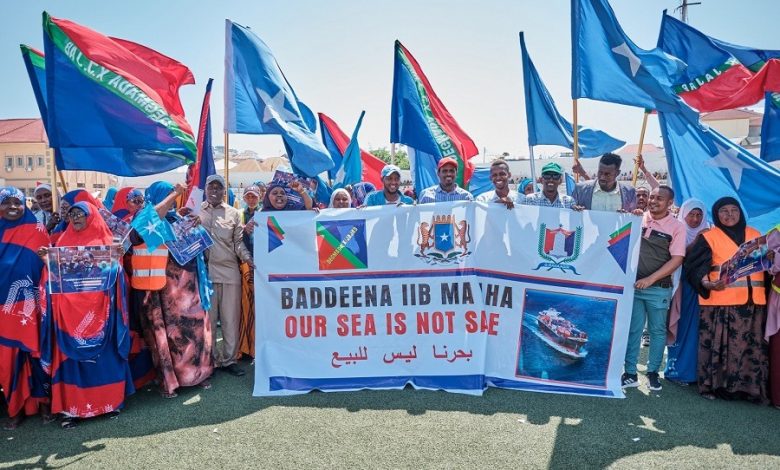The Ethiopia-Somaliland Berbera Port Deal: A New Horn of Africa (2-2)

Agencies – Sudan Events
While the Ethiopian government has moderated its diplomatic commitment to recognizing the Republic of Somaliland, the prevailing sentiment in Somaliland suggests this move is perceived as a tangible achievement for the ruling authority. For years, they have sought external recognition. President Musa Bihi Abdi of the Republic of Somaliland has confirmed the details of the agreement with Ethiopia, highlighting the acknowledgment of his country’s independence as a significant aspect of the deal. The agreement is set to be finalized in February 2024.
Regional and International Reactions
As anticipated, the Somali Republic vehemently rejected the initial agreement between Ethiopia and the Republic of Somaliland, viewing it as a violation of its sovereignty and a threat to its vital security. On January 6, President Hassan Sheikh Mohamud of Somalia signed a law declaring the MoU “illegitimate.” In protest, he summoned the Somali ambassador in Addis Ababa. Shortly after the MoU announcement, President Mohamud contacted his Egyptian counterpart, Abdel Fattah al-Sisi, who expressed full solidarity with Somalia’s stance against what he perceived as Ethiopian encroachment in the Red Sea region.
Meanwhile, Cairo has invited the Somali president to visit Egypt. Turkey has openly supported Somalia’s position, aligning with the stances of the Arab League, the Organization of Islamic Cooperation, the European Union, and the United States. These entities have all supported Somalia, echoing concerns about the Ethiopian presence in the Red Sea region.
The Horn of Africa nations have generally adopted a more moderate stance on the current crisis. Djibouti, the current chair of the IGAD group, has proposed mediating the Ethiopian-Somali conflict. The goal is to prevent the situation from escalating into a full-blown war, drawing parallels with the Ogaden conflict of 1963-1964 and 1977-1978. With its close ties to Somaliland, Kenya appears to be leaning toward supporting Ethiopia’s actions, even though it has not explicitly stated its position. Eritrea seems to align more closely with Mogadishu’s standpoint. This alignment may be influenced by Eritrea’s intricate historical ties with Ethiopia, which governed the country until 1993.
Given these dynamics, it can be inferred that the initial agreement between Ethiopia and the Republic of Somaliland heightens the risk of increased tension in the Horn of Africa. This region is already plagued by multiple crises, including the civil war in Sudan, the fragility of the Somali entity, and the ongoing dispute between Egypt and Ethiopia over the Grand Ethiopian Renaissance Dam.
Conclusions
While the deal between Somaliland and Ethiopia, is still in its preparatory stage and faces several obstacles, it signifies Ethiopia’s new strategic initiative in the Red Sea. This development is expected to have significant qualitative effects on the configuration of regional balances. Although most regional and international actors have rejected this preliminary agreement, it is poised to establish a new reality with direct repercussions on the delicate geopolitical dynamics across the Horn of Africa.



